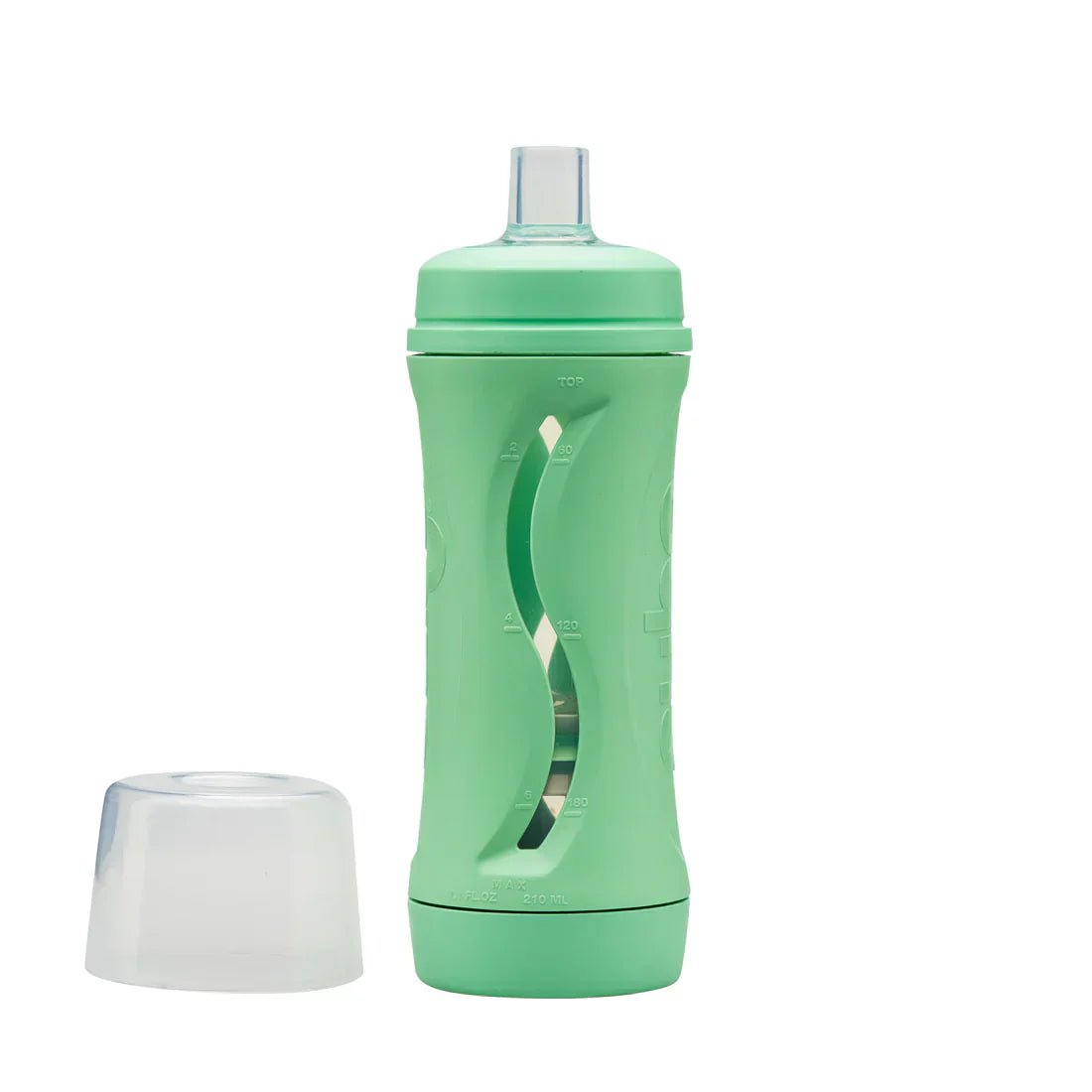
Nutrition Tips for Baby’s First Year: A Month-by-Month Guide for Parents
Your baby’s first year is a time of rapid growth—both physically and mentally. Proper nutrition during this stage lays the foundation for healthy development, strong immunity, and lifelong eating habits. Whether you’re a first-time parent or just need a refresher, here’s a simple guide to help you nourish your baby step-by-step.
0–6 Months: Breast Milk or Formula Only
- Main source of nutrition: Breast milk or infant formula.
- Feeding frequency: Every 2–4 hours (on demand).
-
Tips:
- No water, juice, or solid food is needed.
- If using formula, choose one that meets Australian standards.
- Look for signs of hunger: sucking on hands, rooting, or fussiness.
-
6–8 Months: Start Solids Alongside Milk
- What to introduce: Iron-rich foods first—like fortified cereals, pureed meats, lentils, and mashed veggies.
- Texture: Smooth and soft (pureed or mashed).
- Milk still matters: Breast milk/formula remains the primary source of calories.
-
Tips:
- Introduce one food at a time to watch for allergies.
- Offer allergenic foods like egg, peanut butter, and dairy early (with guidance).
-
Encourage baby to self-feed with soft spoons or food bottles like Subo.
8–10 Months: More Variety & Finger Foods
- Foods to offer: Grains, soft fruits, cooked pasta, cheese, tofu, eggs, and yogurt.
- Texture: Soft lumps and bite-sized pieces.
- Feeding tools: Use suction bowls, baby forks, and open cups.
-
Tips:
- Introduce multiple food groups at each meal.
-
Let your baby explore flavors—even if they make a mess!
10–12 Months: Family Food & Independent Eating
- What to focus on: A mix of textures and family-style meals in baby portions.
- Foods to include: Everything you eat—cut smaller and made baby-safe.
-
Tips:
- Encourage self-feeding and cup drinking.
- Avoid honey, whole nuts, and choking hazards.
- Watch salt and sugar—keep meals simple and natural.
-
Quick Nutritional Tips for the Whole Year:
- Iron matters: After 6 months, iron-rich foods are essential.
- Hydration: Offer sips of water from 6 months in an open cup.
- Healthy fats: Avocado, nut butters (thinly spread), and olive oil support brain development.
- Limit processed snacks: Focus on whole foods like fruit, boiled eggs, and soft veggie sticks.
- Allergens early: Introduce allergy-prone foods under supervision to help tolerance.
Helpful Tools for Feeding Success:
- Feeding bottles: Subo or Cherub Baby glass bottles.
- Feeding sets: b.box bowls, spoons, and bibs or EzPz feeding sets.
- Snacks: Organic soft snacks from holle or Tiny Turtle for older babies.
Final Note: Every baby develops at their own pace. Trust your instincts, be patient, and consult a pediatrician or dietitian if you have concerns about allergies, growth, or feeding struggles.
